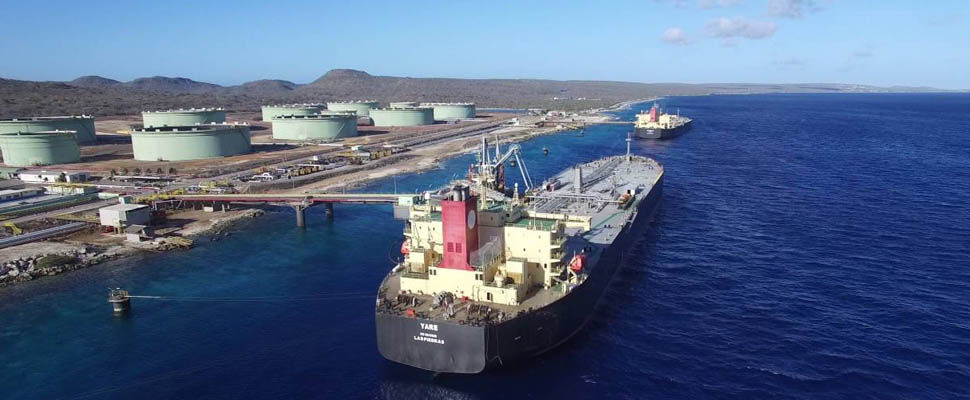
Last week’s events continue to lead to a lack of clarity as to where Venezuela’s oil industry is headed as the Donald Trump administration in the United States continues to fade into history.
With the fate of what is by far the country’s largest economic asset already reduced to an economic whimper under the ruthless sanctions imposed by the previous administration, a Venezuelan state-owned oil industry unit operating on the island of Bonaire appeared in the Netherlands this week. to have bent under the weight of sanctions that appear to have remained largely in place under the administration of President Joe Biden. Last week the Bonaire Original Court of Justice announced the official declaration of the Venezuelan-owned Bonaire Petroleum Company (BOPEC), with U.S. sanctions cutting off its access to international trade and to cash held in bank accounts, he could no longer pay his debts. The closure of the Petróleos de Venezuela (PDVSA) operation in Bonaire is a further blow to the Venezuelan oil industry as BOPEC has the capacity not only to store 10 million barrels of oil but also to load large vessels from the island’s deepwater docks. Last year, and arising out of concern about likely oil spills from its storage tanks, BOPEC was ordered to remove stored oil. With the company reportedly struggling to pay off debt and maintain basic operations, a media report on the bankruptcy filing described the development as “the latest blow to PDVSA’s key network of refining and logistics assets in the Caribbean. ” PDVSA’s contract to operate the Isla refinery 335,000 barrels per day and a nearby storage terminal expired in December 2019, and the PDVSA unit of Citgo Petroleum Corp. – now controlled by the US-backed opposition to Maduro – transferred control of Aruba’s San Refinery Nicolas to the island government. Even as it appears that the roof has now collapsed on PDVSA, the Maduro administration has been trying to open a new front in its struggle to maintain a measure of access to the international oil market. Late last week Bloomberg reported that President Maduro was engaging with “oil lobbyists and executives” from Spain, France, and Italy, against the backdrop of Maduro’s message “Venezuela’s doors are open for oil investment”. The international oil and gas ‘high flyers’ are reportedly engaged with Maduro in their quest to position themselves to do business with Venezuela whenever this becomes possible again. Bloomberg says that while the “bigger producers like Chevron Corp, France’s Total SE, and Italy’s Eni SpA, would probably wait until U.S. sanctions are lifted, smaller players could start whenever new rules opening up the industry for private enterprise will come into force ”“… I want to tell investors from the United States and around the world that Venezuela’s doors are open for oil investment, ”is what which Maduro supposedly said in a recent television address.
Potential investors are banking on what a Venezuelan-American energy expert describes as “some easy potential to increase productivity if sanction enforcement declines.” Maduro also holds out hope of passing laws that will end an oil monopoly in PDVSA’s hands at this time.